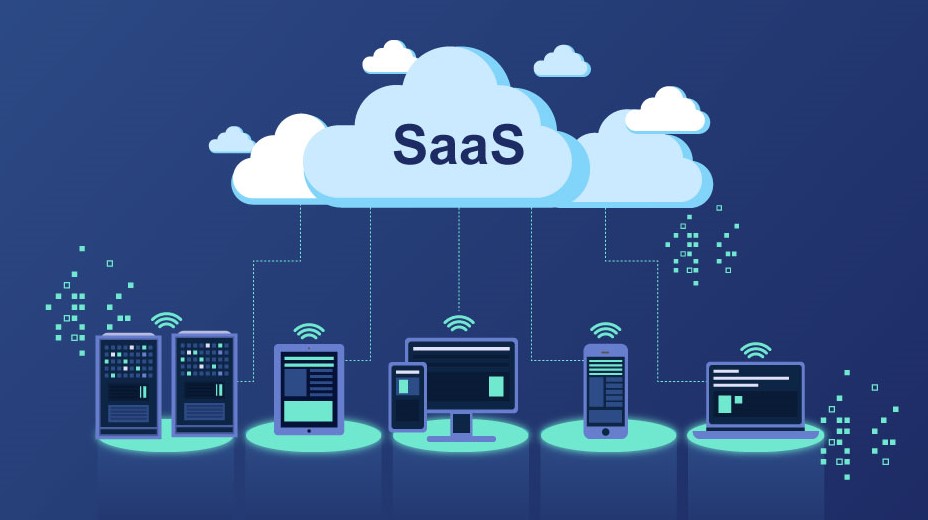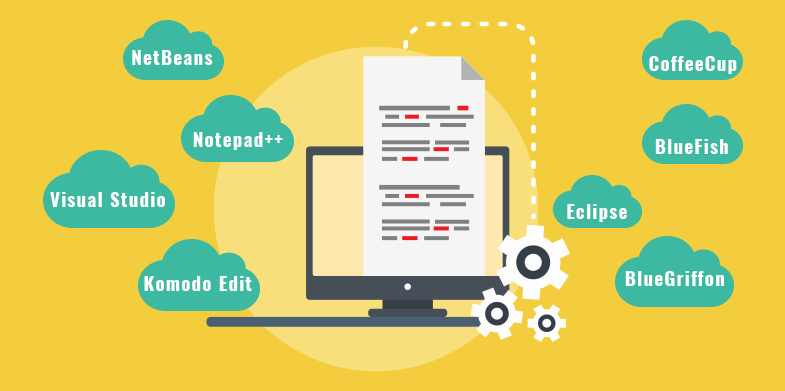In the ever-evolving world of technology, businesses are constantly seeking innovative solutions to streamline their operations, enhance productivity, and remain competitive. Software as a Service (SaaS) has emerged as a popular choice for organizations looking to access and utilize software applications without the need for extensive installations or infrastructure. In this article, we will take a comprehensive look at the pros and cons of SaaS to help you determine if it’s the right fit for your business.
What is Software as a Service (SaaS)?
Software as a Service (SaaS) is a cloud computing model in which software applications are hosted and provided to users over the internet. Unlike traditional software installations, SaaS applications are accessed through web browsers, eliminating the need for local installations, maintenance, and updates. Users can simply subscribe to the service and access it from any device with an internet connection.
Pros of SaaS
1. Cost-Effective
SaaS eliminates the need for significant upfront investments in software and hardware. Businesses can subscribe to SaaS applications on a pay-as-you-go basis, which often proves to be more cost-effective in the long run.
2. Accessibility and Mobility
SaaS applications are accessible from any location with an internet connection. This promotes remote work, collaboration, and flexibility for employees, which is particularly valuable in today’s digital workplace.
3. Scalability
SaaS solutions can easily scale to meet the growing needs of your business. You can add or remove users, features, or capacity as required, ensuring that you only pay for what you use.
4. Automatic Updates
SaaS providers handle software updates, patches, and maintenance, ensuring that your applications are always up to date and secure. This reduces the burden on your IT staff.
5. Reduced IT Overhead
With SaaS, you don’t need to invest in extensive IT infrastructure or dedicate resources to software management. This frees up IT staff to focus on more strategic tasks.
Cons of SaaS
1. Limited Customization
SaaS applications may have limitations when it comes to customization. You may not have the flexibility to tailor the software to your exact needs.
2. Dependence on Internet Connection
To access SaaS applications, a reliable internet connection is essential. Downtime or slow internet can disrupt operations.
3. Data Security Concerns
Storing data in the cloud can raise security concerns. While SaaS providers implement security measures, data breaches are possible.
4. Subscription Costs Over Time
While SaaS may be cost-effective in the short term, subscription costs can accumulate over time. Businesses should consider the long-term financial implications.
FAQs
Q1: What are some popular SaaS applications?
A1: Popular SaaS applications include Microsoft 365 (formerly Office 365), Salesforce, Zoom, Dropbox, and Slack, among others. The range of available applications is extensive, covering various business needs.
Q2: Can SaaS applications be integrated with existing on-premises software?
A2: Yes, many SaaS applications offer integration capabilities, allowing them to work alongside existing on-premises software and systems.
Q3: Is data stored in SaaS applications secure?
A3: SaaS providers implement security measures to protect data. However, it’s essential for businesses to take additional security precautions and consider encryption and access controls.
Q4: Can SaaS applications be customized to specific business requirements?
A4: SaaS applications have limitations in customization compared to on-premises software. However, some level of customization and configuration is possible with many SaaS solutions.
Conclusion
The decision to adopt Software as a Service (SaaS) depends on your business’s specific needs and objectives. SaaS offers various benefits, including cost savings, accessibility, and scalability. However, businesses should also consider potential limitations, such as data security and customization constraints. Before making a decision, it’s crucial to evaluate your organization’s requirements and conduct a thorough analysis to determine if SaaS is the right fit for your business.
To explore further, you can refer to these external resources:
As technology continues to evolve, SaaS remains a valuable tool for businesses seeking efficiency, cost savings, and flexibility. By understanding the pros and cons of SaaS, you can make an informed decision that aligns with your organization’s goals and requirements.












